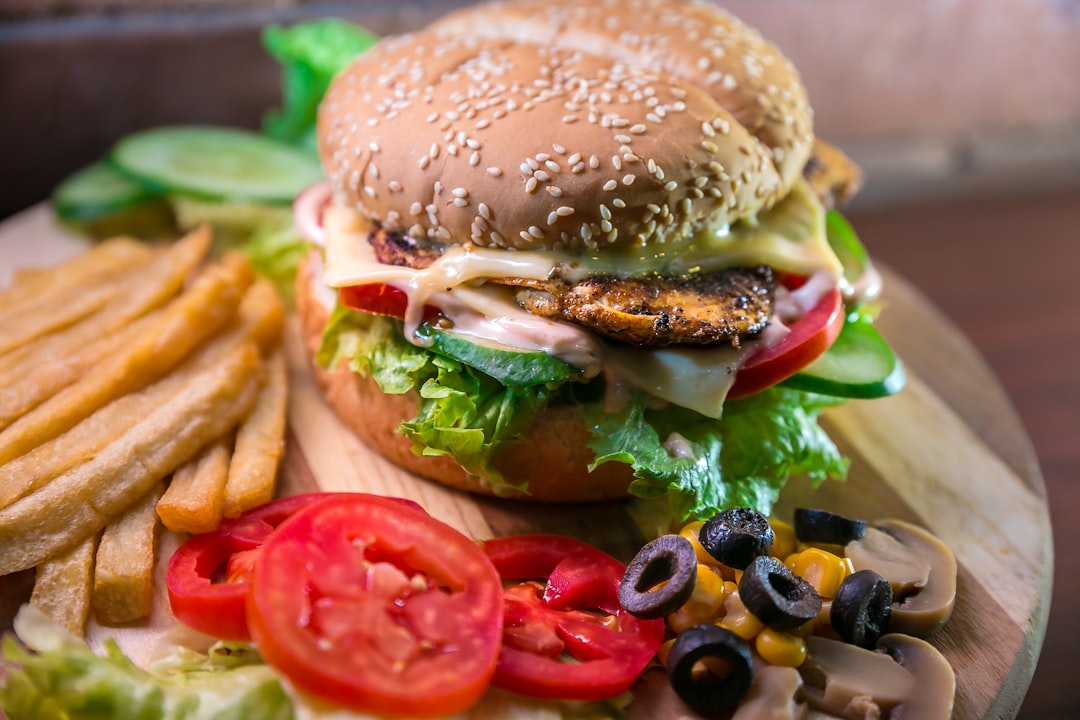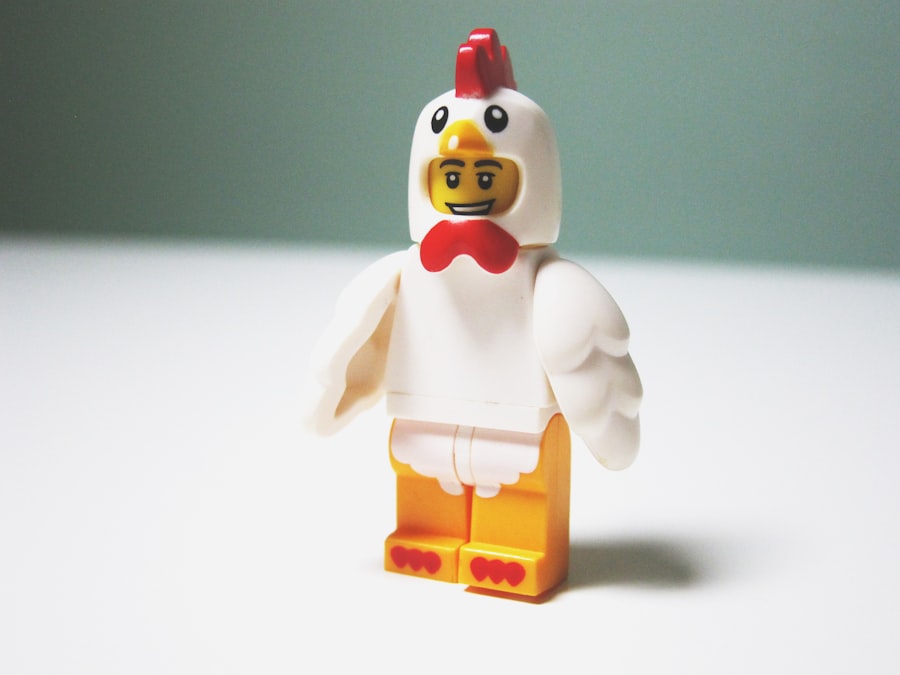Using Chicken Poop as Fertilizer: A Guide

Using chicken poop as fertilizer is a sustainable and cost-effective way to improve the health and productivity of your garden. Chicken poop, also known as chicken manure, is rich in essential nutrients such as nitrogen, phosphorus, and potassium, making it an excellent natural fertilizer. In addition to providing essential nutrients, chicken poop also improves soil structure and water retention, reduces the need for chemical fertilizers, and promotes overall soil health.
Key Takeaways
- Chicken poop is a valuable and sustainable fertilizer option for gardens and crops.
- Benefits of using chicken poop as fertilizer include increased soil fertility, improved plant growth, and reduced waste.
- Collect and store chicken poop in a dry, ventilated area to prevent odor and contamination.
- Prepare chicken poop for use by composting or aging it for several months.
- Application methods for chicken poop fertilizer include top-dressing, side-dressing, and incorporating it into the soil.
- Dos and don’ts of using chicken poop as fertilizer include avoiding fresh poop, using gloves and masks, and avoiding over-application.
- Chicken poop can be combined with other fertilizers for optimal results.
- Common misconceptions about using chicken poop as fertilizer include concerns about pathogens and odor.
- Frequently asked questions about chicken poop fertilizer include how much to use and how often to apply.
- Using chicken poop as fertilizer is a cost-effective and eco-friendly option for gardeners and farmers.
Benefits of using chicken poop as fertilizer
One of the main benefits of using chicken poop as fertilizer is its high nutrient content. Chicken manure is rich in nitrogen, phosphorus, and potassium, which are essential for plant growth. Nitrogen promotes leafy green growth, phosphorus supports root development and flowering, and potassium helps with overall plant health and disease resistance.
In addition to its nutrient content, chicken poop also improves soil structure and water retention. The organic matter in chicken manure helps to loosen compacted soil, allowing for better root penetration and nutrient absorption. It also helps to retain moisture in the soil, reducing the need for frequent watering.
Using chicken poop as fertilizer also reduces the need for chemical fertilizers. Chemical fertilizers can be expensive and can have negative effects on the environment. By using chicken manure instead, you can reduce your reliance on these synthetic fertilizers and promote a more sustainable gardening practice.
How to collect and store chicken poop
Collecting chicken poop is relatively easy if you have backyard chickens. One way to collect chicken manure is by placing a layer of straw or wood shavings in the coop. This will absorb the droppings and make them easier to collect. You can then use a shovel or rake to scoop up the soiled bedding and transfer it to a designated compost bin or pile.
Proper storage methods are important to prevent odor and contamination. It is best to store chicken manure in a covered compost bin or pile to prevent rainwater from leaching out the nutrients. The bin or pile should be located in a well-ventilated area away from your home and any water sources. It is also important to regularly turn the compost to promote decomposition and prevent odor.
Preparing chicken poop for use as fertilizer
| Step | Description |
|---|---|
| 1 | Collect chicken poop from coop or run |
| 2 | Allow poop to dry out for several days |
| 3 | Mix dried poop with other organic matter, such as leaves or grass clippings |
| 4 | Turn the mixture regularly to promote decomposition |
| 5 | Allow the mixture to compost for several months |
| 6 | Use the finished compost as a nutrient-rich fertilizer for plants |
Before using chicken poop as fertilizer, it is important to properly prepare it. One way to do this is by composting the chicken manure. Composting helps to break down the organic matter and kill any potential pathogens or weed seeds. To compost chicken manure, mix it with other organic materials such as leaves, grass clippings, or kitchen scraps. Turn the compost regularly to promote decomposition and ensure that it reaches a temperature of at least 140°F (60°C) to kill any harmful bacteria.
Another method of preparing chicken poop for use as fertilizer is by aging it. Fresh chicken manure can be too strong and can burn plants if applied directly. By allowing the manure to age for several months, it becomes milder and safer to use. To age chicken manure, spread it out in a thin layer and let it sit for at least six months. This will allow the ammonia smell to dissipate and the nutrients to break down.
Application methods for chicken poop fertilizer
There are several different application methods for using chicken poop as fertilizer. One method is top dressing, which involves spreading a thin layer of composted or aged chicken manure on top of the soil around your plants. This can be done in both vegetable gardens and flower beds.
Another method is incorporating the chicken manure into the soil before planting. This can be done by mixing composted or aged chicken manure into the top few inches of soil using a garden fork or tiller. This method ensures that the nutrients are evenly distributed throughout the soil and readily available to the plants.
Liquid fertilizer can also be made from chicken manure by steeping it in water. To make liquid fertilizer, mix one part composted chicken manure with five parts water in a bucket or container. Let the mixture steep for several days, stirring occasionally. Once the liquid has turned a dark brown color, it is ready to use. Dilute the liquid fertilizer with water before applying it to your plants.
Dos and don’ts of using chicken poop as fertilizer

When using chicken poop as fertilizer, there are some dos and don’ts to keep in mind. It is important to wear gloves and protective clothing when handling chicken manure to prevent any potential pathogens from coming into contact with your skin. It is also important to wash your hands thoroughly after handling chicken manure.
While chicken manure is a valuable fertilizer, it is important not to use too much of it. Excessive amounts of chicken manure can burn plants and cause nutrient imbalances in the soil. It is best to follow the recommended application rates for your specific plants and soil conditions.
It is also important to avoid using chicken manure on edible crops that are close to harvest. Chicken manure can contain harmful bacteria such as Salmonella, which can pose a risk to human health if consumed on fresh produce. It is best to apply chicken manure several months before planting or on non-edible crops.
Combining chicken poop with other fertilizers
Chicken poop can be used in conjunction with other organic fertilizers to provide a balanced nutrient profile for your plants. For example, you can mix composted chicken manure with composted kitchen scraps or leaf mold to create a nutrient-rich soil amendment. This will provide a wide range of nutrients and improve overall soil health.
It is best to avoid using chemical fertilizers when using chicken poop as fertilizer. Chemical fertilizers can disrupt the natural balance of nutrients in the soil and can have negative effects on soil health and the environment. By using organic fertilizers such as chicken manure, you can promote a more sustainable and environmentally friendly gardening practice.
Common misconceptions about using chicken poop as fertilizer
There are some common misconceptions about using chicken poop as fertilizer that need to be addressed. One misconception is that chicken manure is harmful to plants. While fresh chicken manure can be too strong and can burn plants if applied directly, composted or aged chicken manure is safe to use and provides valuable nutrients to plants.
Another misconception is that chicken manure attracts pests. While it is true that fresh chicken manure can attract flies, properly composted or aged chicken manure does not attract pests. In fact, the high temperatures reached during the composting process kill any potential pests or weed seeds.
Frequently asked questions about chicken poop fertilizer
1. How often should I apply chicken poop fertilizer?
The frequency of application depends on the specific needs of your plants and soil conditions. As a general rule, it is best to apply chicken manure once or twice a year, preferably in the spring and fall. However, it is important to monitor your plants and adjust the application rate as needed.
2. Can I use chicken poop fertilizer on indoor plants?
Yes, you can use chicken poop fertilizer on indoor plants. However, it is important to use composted or aged chicken manure and to dilute it with water before applying it to your indoor plants. This will prevent any potential odor or burning of the plants.
3. Is chicken poop fertilizer safe for pets?
Chicken poop fertilizer is safe for pets once it has been properly composted or aged. However, it is best to keep pets away from fresh chicken manure as it can contain harmful bacteria that can pose a risk to their health.
Conclusion and final thoughts on using chicken poop as fertilizer
Using chicken poop as fertilizer is a sustainable and cost-effective way to improve the health and productivity of your garden. Chicken manure is high in essential nutrients, improves soil structure and water retention, reduces the need for chemical fertilizers, and promotes overall soil health. By following proper collection, storage, and preparation methods, you can safely and effectively use chicken poop as a natural fertilizer. So why not give it a try and see the benefits for yourself? Your plants will thank you!
If you’re looking for an informative article on how to use chicken poop as fertilizer, look no further than Lawn World’s comprehensive guide. This article provides step-by-step instructions on harnessing the power of chicken manure to nourish your plants and enhance soil fertility. From composting techniques to application methods, this resource covers it all. To learn more about this eco-friendly gardening practice, check out the article here.
FAQs
What is chicken poop fertilizer?
Chicken poop fertilizer is a natural fertilizer made from chicken manure. It is rich in nitrogen, phosphorus, and potassium, which are essential nutrients for plant growth.
Is chicken poop fertilizer safe to use?
Yes, chicken poop fertilizer is safe to use as long as it is properly composted. Fresh chicken manure can contain harmful bacteria and pathogens that can cause illness, but composting the manure for several months will kill these pathogens.
How do I compost chicken poop?
To compost chicken poop, mix it with other organic materials such as leaves, grass clippings, and straw. Keep the compost pile moist and turn it regularly to ensure proper aeration. The compost should be ready to use in 6-12 months.
How do I use chicken poop fertilizer?
Chicken poop fertilizer can be used in a variety of ways, including as a top dressing for plants, mixed into soil before planting, or added to compost. It is important to dilute the fertilizer with water before using it on plants to avoid burning the roots.
What are the benefits of using chicken poop fertilizer?
Chicken poop fertilizer is a natural and sustainable fertilizer that is rich in nutrients. It can improve soil health, increase plant growth and yield, and reduce the need for chemical fertilizers. Additionally, using chicken poop fertilizer helps to reduce waste and promote a more sustainable food system.



